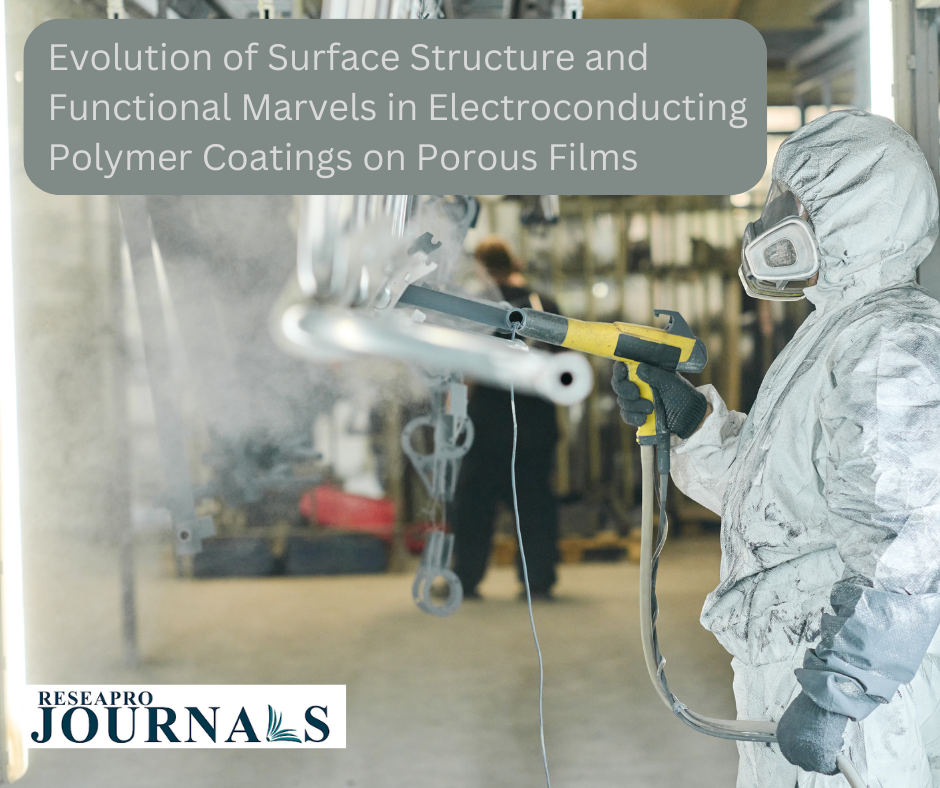|
Getting your Trinity Audio player ready...
|
Electroconducting polymer coatings on porous films have emerged as versatile materials with remarkable properties, offering a plethora of applications in various fields. Their evolution has been driven by the pursuit of functional marvels and advancements in surface structure control, leading to the development of coatings with tailored characteristics and enhanced performance.
Surface Structure Evolution
The surface structure of electroconducting polymer coatings on porous films plays a pivotal role in determining their functional properties. Over the years, significant progress has been made in controlling and manipulating the surface structure at various length scales, from the nanoscale to the microscale. This has enabled the creation of coatings with tailored morphologies, such as:
-
Nanoscale: Nanoparticles and nanostructures can be incorporated into the coatings to enhance their conductivity, mechanical strength, and adhesion.
-
Microscale: Porous structures with controlled pore size and distribution can be achieved, providing increased surface area for enhanced mass transport and catalytic activity.
-
Hierarchical Structures: Multiscale architectures, combining both nanoscale and microscale features, can be fabricated, offering synergistic benefits in terms of conductivity, mechanical properties, and mass transport.




